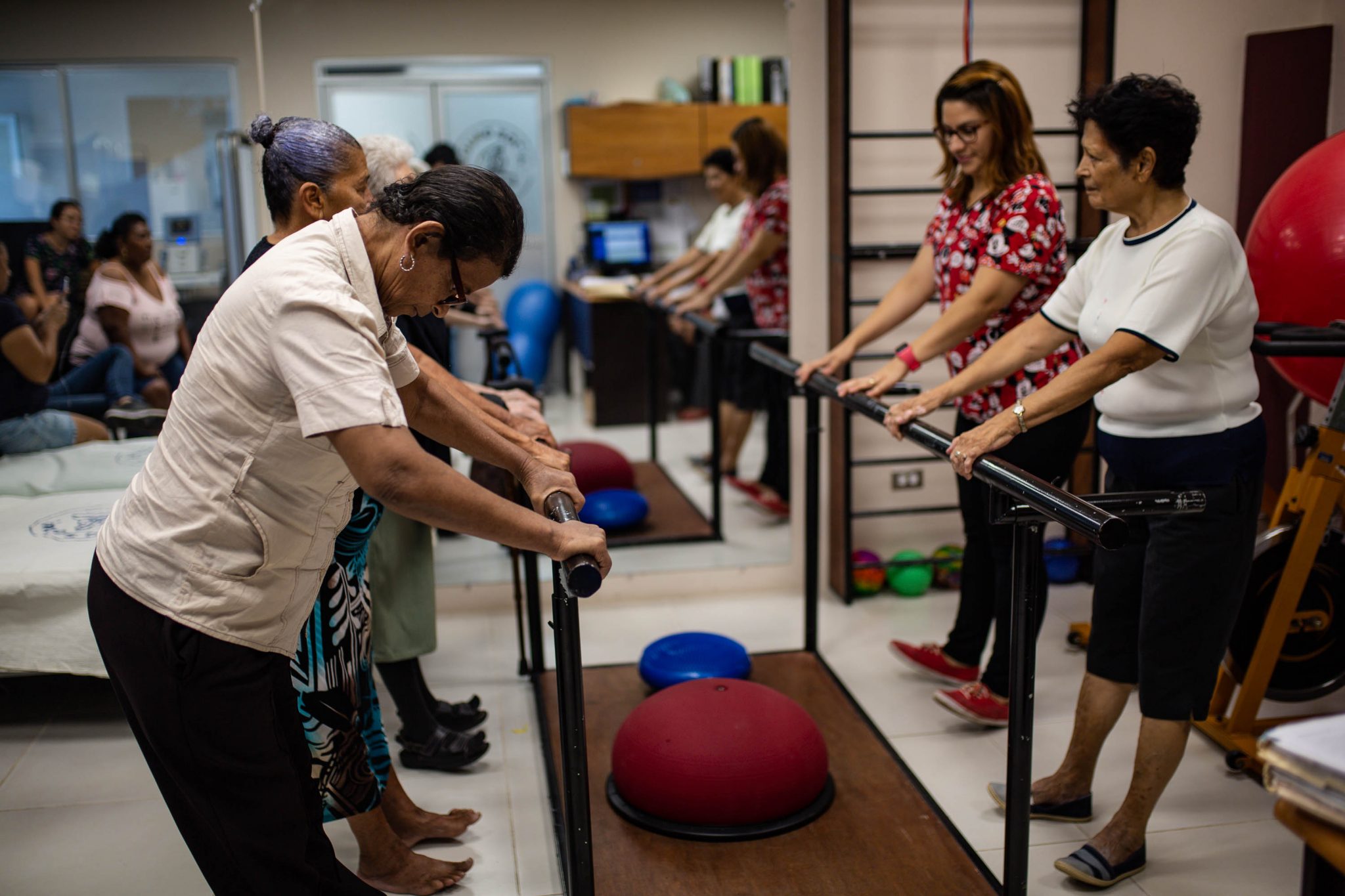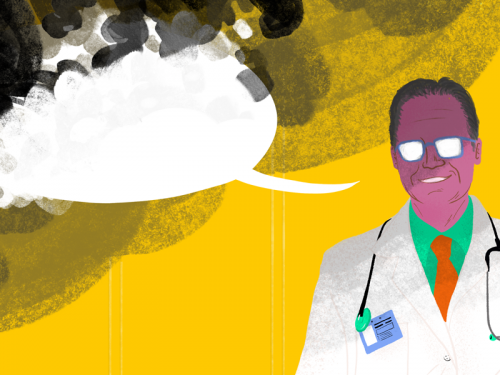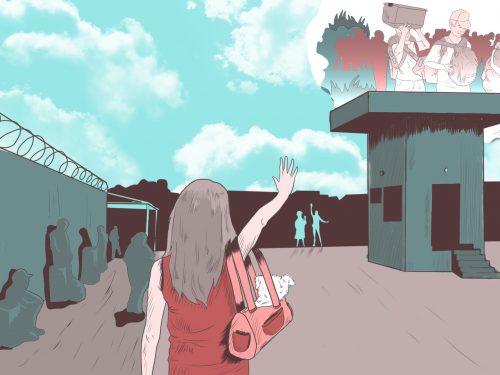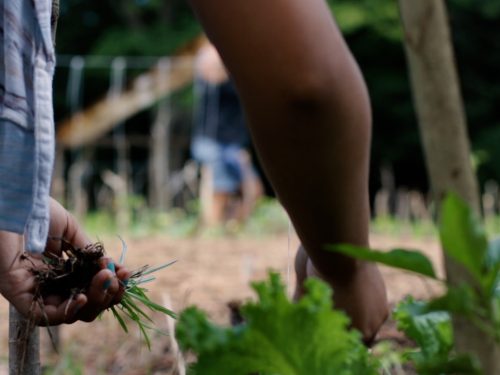
Finding affordable places for psychological and emotional care in Guanacaste can be hard to do due to economic barriers or availability in public medical centers.
And it’s worrying, especially because of the increase in economic, social and emotional instability in the midst of the COVID-19 pandemic.
At The Voice, we put together a list of some free or low-cost support services and helplines that you can turn to in the province.
Support Directory
- Emergency helpline
Emergency situations
911
- “Aquí estoy” (Here I am) helpline, MEP
Students and family members
2459-1598
2459-1599
- Psychological Support Dispatch
Situations related to COVID-19
1322
- INAMU Helpline
Women who are victims of violence, Chorotega region
2527-8573
- 1147 Helpline , PANI
Boys, girls and teenagers
7 a.m. – 10 p.m.
1147
- Teenage Mother Helpline, PANI
Teenage mothers
7 a. m. – 10 p. m.
800-2262626
- Creciendo Juntos (Growing Together) Clinics
Children under 16 years of age from the canton of Carrillo
In person, free
2667-0175 – clinic in Comunidad
2200-6789 – clinic in Corralillo
- Psychology for adults, CEPIA
Adults
In person, free
8922-0503 (WhatsApp or text message)
- Te Escucho (I Hear You) Helpline, Ser y Crecer Foundation
Victims of sexual abuse
2234-9393
- Clinic Without Borders
General public
In person, ¢15,600 per appointment
2227-2221
Tip +: You can also request support at your designated EBAIS clinic, at the school you attend or through an organization in your community. Please, whenever you need it, seek help.
Tips for Mental Wellness
The World Health Organization put together a series of tips to look after mental health:
- Keep informed. Listen to advice and recommendations from your national and local authorities.
- Have a routine.
- Get up and go to bed at similar times every day.
- Keep up with personal hygiene.
- Eat healthy meals at regular times.
- Exercise regularly.
- Allocate time for working and time for resting.
- Make time for doing things you enjoy.
- Minimize newsfeeds. Try to reduce how much you watch, read or listen to news that makes you feel anxious or distressed. Seek the latest news at specific times of the day, once or twice a day if needed.
- Social contact is important. If your movements are restricted, keep in regular contact by phone or Internet.
- Avoid alcohol and drugs. Avoid using alcohol and drugs as a way of dealing with fear, anxiety, boredom and social isolation.
- Control screen time. Be aware of how much time you spend in front of a screen every day.
- Don’t overindulge in video games. While video games can be a way to relax, it can be tempting to spend much more time on them than usual when you are at home for long periods.
- Use social networks properly. Use them to promote positive and hopeful messages. Correct misinformation wherever you see it.
- Help others. If you are able to, offer support to people in your community who may need it, such as helping them with shopping for food.
- Support health workers. Take opportunities on social media or through your community to thank healthcare workers and all those working to respond to COVID-19.







Comments